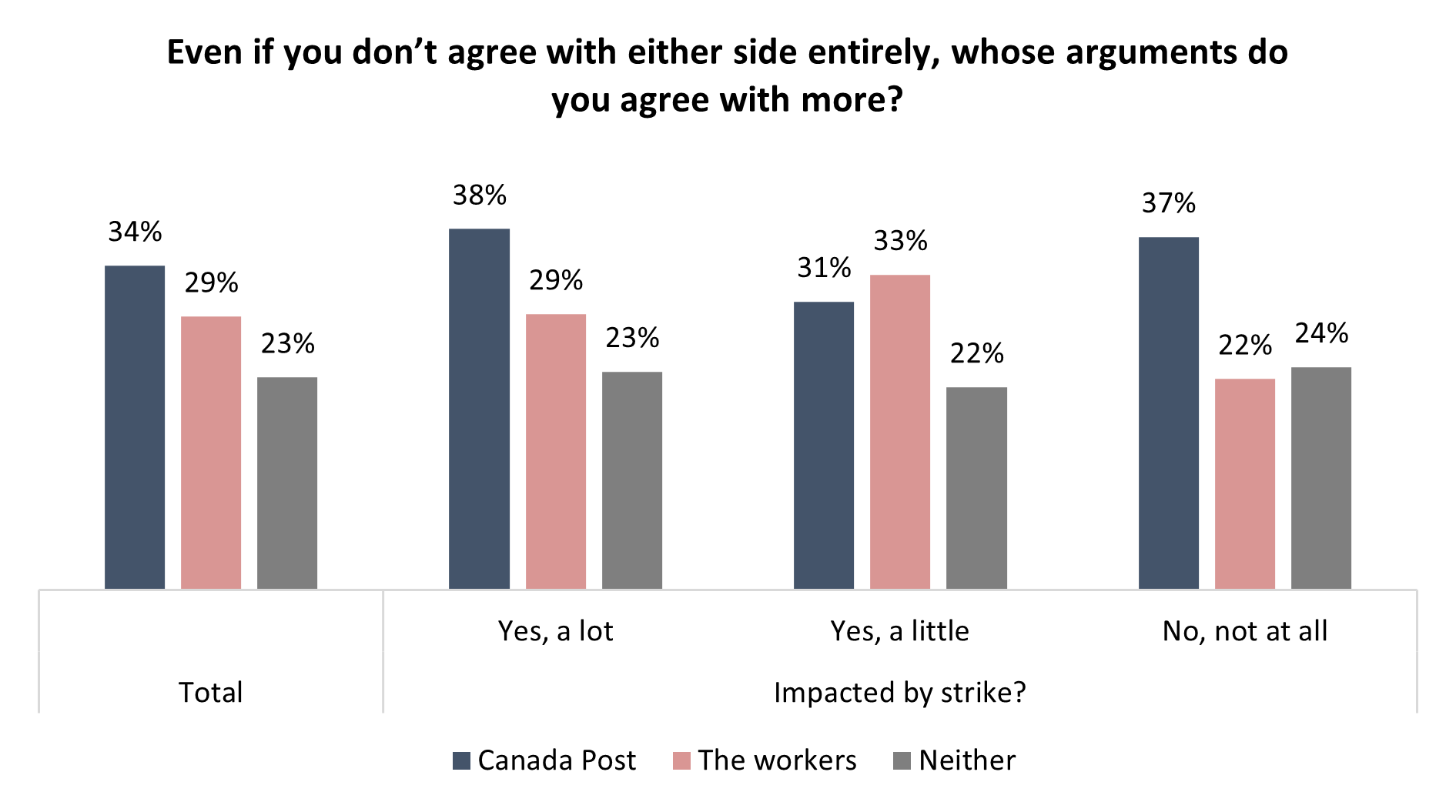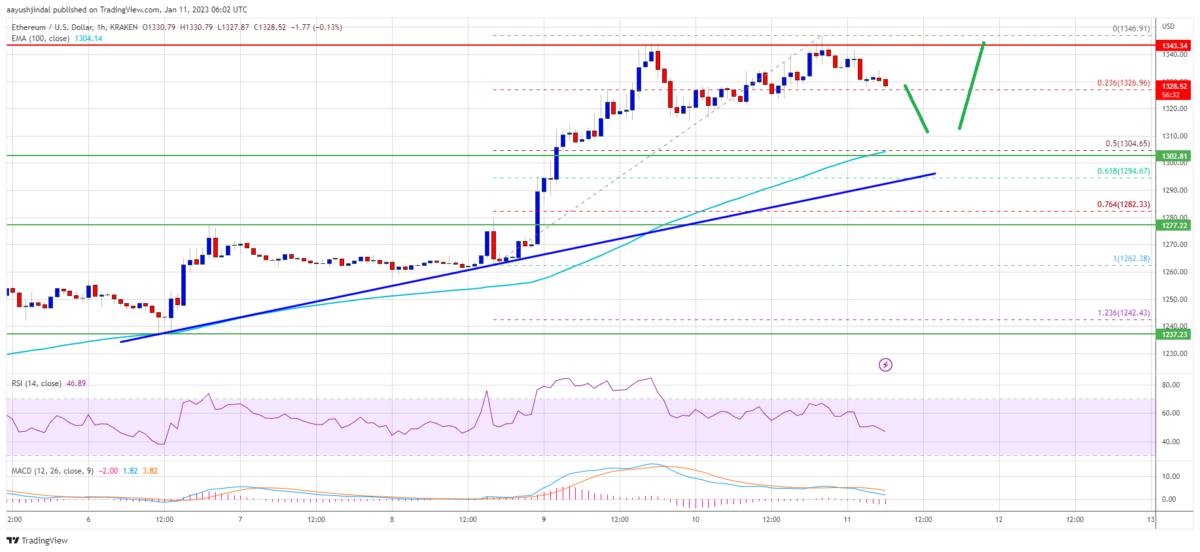Debate Heats Up: Car Dealers Challenge Electric Vehicle Regulations

Table of Contents
Economic Concerns of Car Dealerships Facing EV Transition
The transition to electric vehicles presents significant economic challenges for car dealerships. Dealerships are accustomed to a business model heavily reliant on the service and repair of Internal Combustion Engine (ICE) vehicles. EVs, with their simpler mechanics and fewer moving parts, require significantly less maintenance, directly impacting dealership profitability.
-
Reduced service revenue: The lower maintenance needs of EVs translate to a dramatic decrease in service revenue, a crucial income stream for many dealerships. This is a major concern, especially for smaller dealerships heavily reliant on after-sales service.
-
High upfront investment in training: Training staff on the intricacies of EV technology, diagnostics, and repair requires a substantial upfront investment. This includes specialized tools, training courses, and potentially hiring new, specialized technicians.
-
Inventory management challenges: Managing EV inventory presents unique challenges. Lead times for EVs can be significantly longer than for ICE vehicles, impacting stock levels and potentially delaying sales. Furthermore, consumer demand for specific EV models can fluctuate, requiring careful inventory planning.
-
Impact on used car sales: The used car market will also be impacted. As more EVs enter the market, the value of used ICE vehicles may decline, affecting a significant portion of dealership revenue. Dealerships will need to adapt their strategies to effectively manage the used EV market.
-
Investment in EV infrastructure: Dealerships need to invest significantly in charging infrastructure to support the sale and servicing of EVs. This includes installing charging stations, upgrading electrical systems, and potentially investing in fast-charging capabilities.
The argument from dealerships centers on the economic viability of this transition. Many claim that without substantial government support and a gradual shift, many dealerships could face financial hardship or even closure, potentially disrupting the entire automotive retail landscape.
Challenges to the Existing Franchise Model under New EV Regulations
New EV regulations are also challenging the traditional franchise model within the automotive industry. The relationship between manufacturers and their dealerships is undergoing a fundamental shift, creating uncertainty and potential legal conflicts.
-
Direct-to-consumer sales: Manufacturers are increasingly exploring direct-to-consumer sales models, bypassing dealerships entirely, mirroring the approach adopted by Tesla. This directly challenges the established franchise system and dealer profitability.
-
Increased manufacturer control: EV-specific regulations can give manufacturers greater control over dealership operations, potentially impacting pricing strategies, service offerings, and overall business practices. This reduces the autonomy of dealerships and raises concerns about fair business practices.
-
Antitrust concerns: As manufacturers gain a stronger foothold in the EV market, concerns about antitrust issues and potential market dominance are emerging. This raises questions about fair competition and the long-term health of the automotive retail sector.
-
Inadequate franchise agreements: Many existing franchise agreements may not adequately address the unique challenges of selling and servicing EVs, leading to legal disputes and conflicts between manufacturers and their dealerships.
The potential disruption to the franchise model underscores the significant challenges facing dealerships in adapting to the EV revolution. These challenges are driving the pushback against stricter EV regulations and highlighting the need for a collaborative approach.
Arguments for and Against Stricter Electric Vehicle Regulations
The debate surrounding stricter EV regulations is multifaceted, encompassing environmental, economic, and social considerations.
-
Pro-regulation arguments: Supporters of stricter regulations emphasize the critical environmental benefits of reducing greenhouse gas emissions, improving air quality, and mitigating climate change. A rapid transition to EVs is seen as essential to achieving these goals.
-
Anti-regulation arguments: Opponents argue that stricter regulations could stifle consumer choice, lead to job losses in the ICE vehicle sector (and related industries), and negatively impact economic growth. They advocate for a more gradual transition.
-
Finding a balance: The central challenge lies in finding a balanced approach that acknowledges both the environmental urgency and the economic realities facing dealerships and other stakeholders. This requires careful consideration of the pace of the transition and the appropriate level of government support.
The Role of Government Incentives and Support
Government intervention plays a crucial role in shaping the EV transition. Effective government policies can mitigate the economic challenges faced by dealerships and accelerate EV adoption.
-
Government incentives are key: Subsidies, tax credits, and investment in charging infrastructure are crucial for encouraging EV adoption and supporting dealerships during the transition.
-
Learning from global examples: Studying the success and failures of various government programs around the world can inform the development of more effective policies. Some countries have successfully incentivized EV adoption, while others have struggled to achieve their targets.
-
Incentives and dealership profitability: Careful analysis of how different incentive schemes affect consumer behavior and dealership profitability is needed to ensure that policies are both effective and economically sustainable.
Conclusion
The debate surrounding electric vehicle regulations and their impact on car dealerships is complex and far-reaching. Dealership concerns about economic viability are legitimate and must be addressed. However, the transition to EVs is essential for environmental sustainability. Finding a balanced approach that supports both environmental protection and economic stability is crucial. A collaborative effort involving government, manufacturers, and dealerships is needed to ensure a smooth and successful transition to a future powered by electric vehicles. Continued dialogue and thoughtful adjustments to electric vehicle regulations are essential to navigate this complex challenge. The future of the automotive industry hinges on finding solutions that accommodate both environmental concerns and the economic realities of the dealership sector.

Featured Posts
-
 Nuggets Rest Jokic And Starting Lineup Sit Out Following Tough Defeat
May 08, 2025
Nuggets Rest Jokic And Starting Lineup Sit Out Following Tough Defeat
May 08, 2025 -
 360
May 08, 2025
360
May 08, 2025 -
 Ethereum Price Bullish Trend Strengthened By Large Eth Accumulation
May 08, 2025
Ethereum Price Bullish Trend Strengthened By Large Eth Accumulation
May 08, 2025 -
 Is Another Canada Post Strike Imminent Key Dates And Concerns
May 08, 2025
Is Another Canada Post Strike Imminent Key Dates And Concerns
May 08, 2025 -
 Barcelona Vs Inter Milan Six Goal Thriller In Champions League Semi Final
May 08, 2025
Barcelona Vs Inter Milan Six Goal Thriller In Champions League Semi Final
May 08, 2025
Latest Posts
-
 Ethereum Price Analysis Resilience And Future Outlook
May 08, 2025
Ethereum Price Analysis Resilience And Future Outlook
May 08, 2025 -
 Is Ethereum Poised For An Upside Break Price Analysis
May 08, 2025
Is Ethereum Poised For An Upside Break Price Analysis
May 08, 2025 -
 Most Intense War Films Streaming Now On Amazon Prime A Viewers Guide
May 08, 2025
Most Intense War Films Streaming Now On Amazon Prime A Viewers Guide
May 08, 2025 -
 Can Ethereum Reach 2 000 Recent Price Movement Suggests Possibility
May 08, 2025
Can Ethereum Reach 2 000 Recent Price Movement Suggests Possibility
May 08, 2025 -
 Ethereum Price Bullish Signals And Potential For Upside
May 08, 2025
Ethereum Price Bullish Signals And Potential For Upside
May 08, 2025
